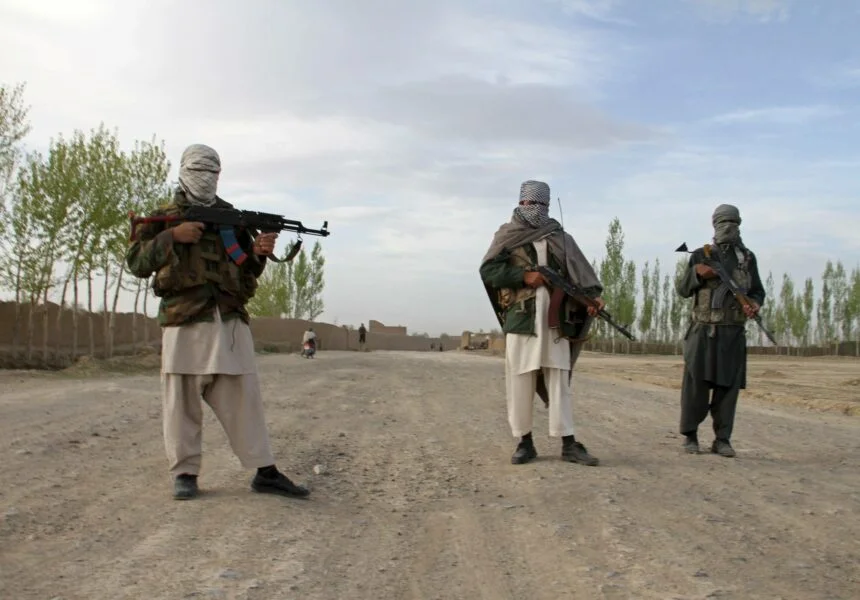On Wednesday, the army made clear that it would take a tough stance against the nation’s growing terrorism threat.
The corps commanders “resolved to battle against terrorists without making any distinctions and eliminate this threat in line with the aspirations of the people of Pakistan,” according to ISPR, at their monthly session at the General Headquarters, the first after the change of command last month.
The Chief of Army Staff Gen. Syed Asim Munir presided over the two-day conference, which got underway on Tuesday
“[The] 254th Corps Commanders’ Conference was held at [the] GHQ from 27-28 December 2022. General Syed Asim Munir, Chief of Army Staff (COAS), presided [over the conference],” says a statement issued by the military’s media wing.
The military leaders’ meeting coincided with an increase in terrorist attacks across the nation, many of which were perpetrated by the Tehreek-e-Taliban Pakistan (TTP), a banned terrorist organisation that unilaterally revoked a ceasefire in November, essentially putting an end to a start-stop dialogue process mediated by the Afghan Taliban.
The TTP, which the military destroyed in a decisive kinetic assault, has established safe havens in Afghanistan, from whence it has been commanding its terrorist activities in Pakistan.
TTP poses the most threat, but Balochistan’s rebels have also intensified their attacks at the same time. They have also forged a connection with TTP, adding to the complexity of the issue.
This connection is seen to be one of the factors that have allowed TTP to carry out so many strikes in Balochistan.
Analysts have criticised the military for failing to develop a coherent strategy to combat the terrorist threat in light of signs that the threat may grow over the upcoming year.
Although the brief ISPR statement didn’t expressly specify whether a new kinetic operation had been approved, its tone and near-exclusive attention to the terrorism threat sent the sense that counterterrorism would be the new leadership’s top concern.











